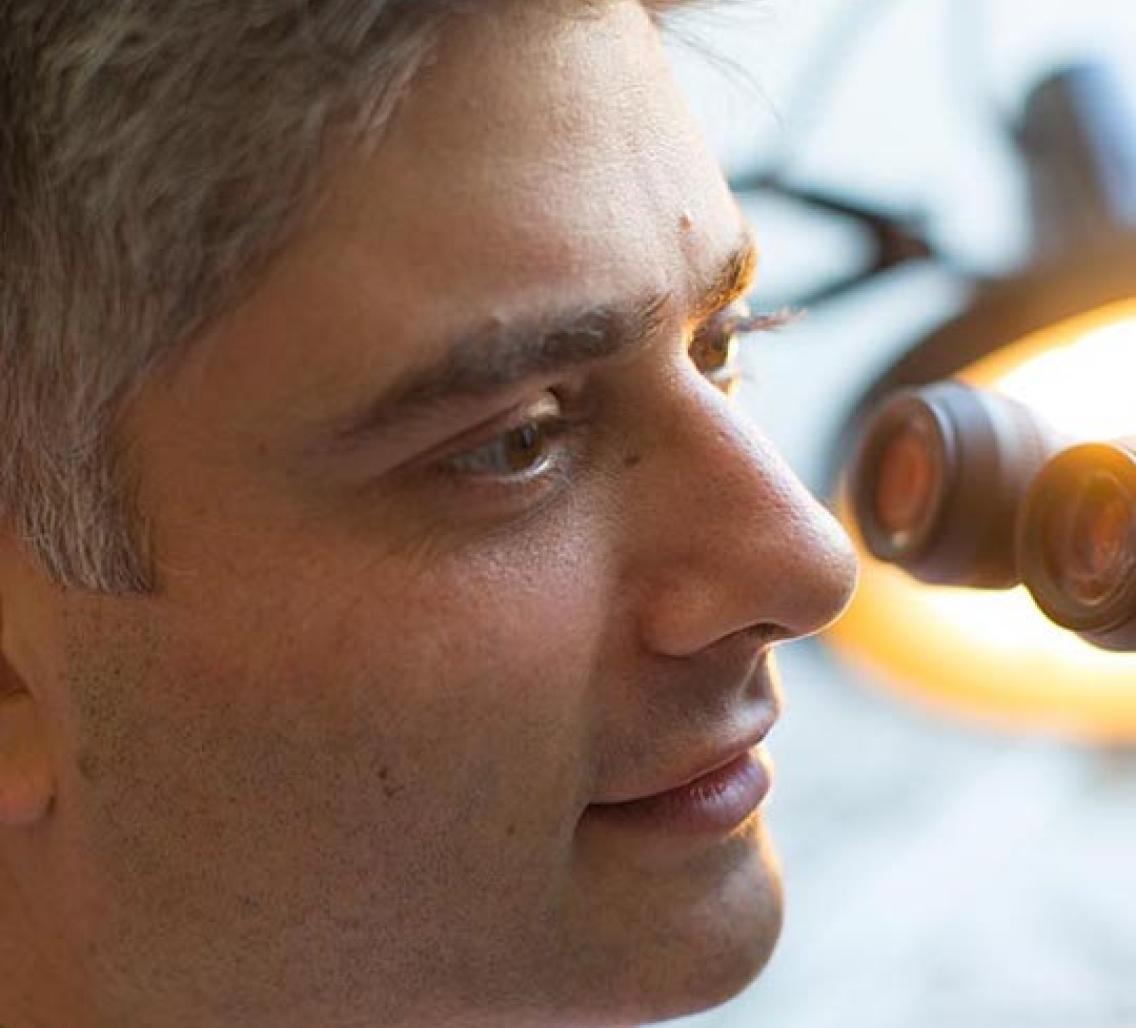Event Details:

Speaker
David Foster
University of California, Berkeley
David Foster is an Associate Professor in the Dept of Psychology and Helen Wills Neuroscience Institute, at the University of California, Berkeley. His research focuses on neural mechanisms of learning and memory, in particular, how populations of neurons encode and process information in awake, behaving animals. His recent work has focused on precise sequences of neurons in the hippocampus that are activated repeatedly during behavior, reflecting either memory for immediately preceding spatial experience, or predictions of future behavior. Dr. Foster is an Alfred P. Sloan research fellow, a NARSAD Young and Independent investigator, and has received awards from the McKnight Foundation and the Whitehall Foundation.
Session Overview
Explorations in hippocampal replay
Replay is the name commonly given to a set of phenomena in which neurons, in the hippocampus and other areas, are activated in sequences during rest or sleep that correspond to sequential activity patterns across the same neurons observed during behavior. The first reports of replay described a simple case in which sequences during behavior were recapitulated in the same format during sleep, leading to an interpretation of replay as a potential mechanism for systems memory consolidation. Over the following two decades it has become clear that the range of replay phenomena is much broader. Replay can be in the reverse order to behavioral experience, and can combine previous separate experiences into novel composites. It occurs robustly in the awake state, and can reflect immediate previous experience, or predict future behavior. However, the role of replay remains unknown. Dr. Foster will describe the results of experiments in which his lab has attempted to relate observations of replay to ongoing cognitive processes, such as learning environmental structure in a complex maze and memory formation during repeated experience of the same environment. These results point to a richer role for replay than has been previously recognized.